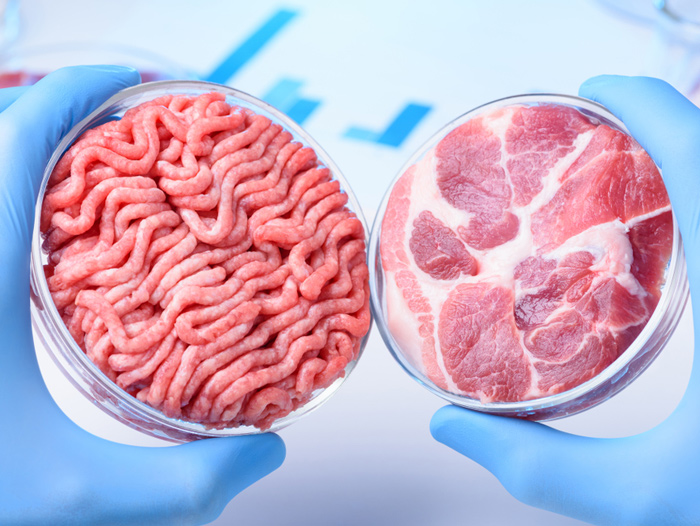Lab-Grown Meat is Supposed to be Inevitable. The Science Tells a Different Story.
October 11, 2021 | 2 min to read

Paul Wood didn’t buy it.
For years, the former pharmaceutical industry executive watched from the sidelines as biotech startups raked in venture capital, making bold pronouncements about the future of meat. He was fascinated by their central contention: the idea that one day, soon, humans will no longer need to raise livestock to enjoy animal protein. We’ll be able to grow meat in giant, stainless-steel bioreactors—and enough of it to feed the world. These advancements in technology, the pitch went, would fundamentally change the way human societies interact with the planet, making the care, slaughter, and processing of billions of farm animals the relic of a barbaric past.
It’s a digital-era narrative we’ve come to accept, even expect: Powerful new tools will allow companies to rethink everything, untethering us from systems we’d previously taken for granted. Countless news articles have suggested that a paradigm shift driven by cultured meat is inevitable, even imminent. But Wood wasn’t convinced. For him, the idea of growing animal protein was old news, no matter how science-fictional it sounded. Drug companies have used a similar process for decades, a fact Wood knew because he’d overseen that work himself.
To read the rest of the story, please go to: The Counter
